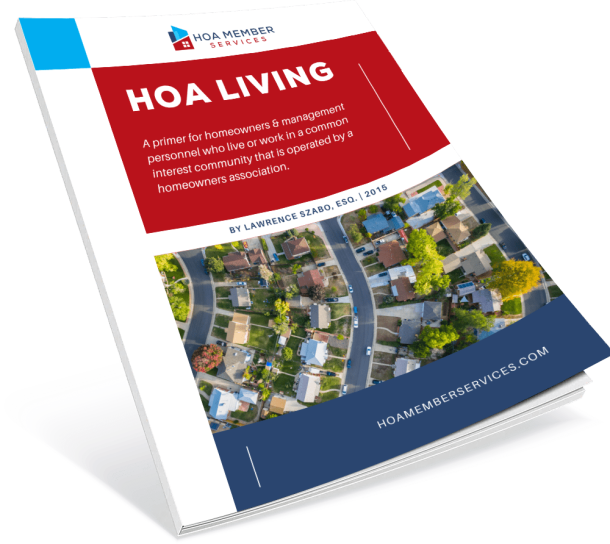Rules Relating to the Interpretation of HOA Governing Documents
- Governing Documents
Homeowners and the officers, directors and management personnel of a homeowners association frequently have a need to review and understand the provisions contained in their association’s governing documents and in particular, their association’s Covenants, Conditions and Restrictions (commonly referred to as the “CC&Rs”). The CC&Rs are lengthy documents that have been prepared by lawyers and tend to contain much confusing language that the average lay person has difficulty understanding. Additionally, even when language is understood, it is not uncommon to come across conflicts in the language that is contained in different governing documents and/or between provisions that are contained in the association’s governing documents and provisions that are contained in state statutes covering the same topic. To facilitate an understanding of confusing and/or conflicting language contained in an association’s governing documents, there are established rules of interpretation that should be applied.
Confusion between an Association’s Governing Documents and Statutes.
State and federal laws or statutes that cover a topic that is the subject of an association’s governing documents will contain language that informs the reader of whether or not the language in the statute was intended by the legislators to override the provisions that may be contained in the association’s governing documents. When the language in the statute contains words such as “notwithstanding any provision of the governing documents to the contrary” or “no governing documents shall…” (or similar language), the language contained in the statute is intended to override the language in the association’s governing documents. Use of the word “shall” in a statute also reflects the intention for a provision in a statute to override a similar provision in an association’s governing documents.
Statutes that were drafted with the intention of allowing association’s to impose different provisions on a given topic will contain words such as “Unless the declaration otherwise provides…” or “Unless the governing documents impose more stringent standards…”
Know the Hierarchy of Governing Documents and Statutes.
To aid in the interpretation of conflicting documents, there is an established hierarchy that must be understood in order to know which provisions have priority over others. The hierarchy of authority for the application of statutes and the provisions contained in an association’s governing documents is as follows:
Subscription Required to Continue Reading
To view the full HOA Featured Article, you must have a Subscription with HOA Member Services
Become a Member
Personal Monthly
-
Access to over 600 Articles & Case Decisions
-
Access to hundreds of Resources
-
HOA Newsletter
-
Free Copy of HOA LIVING
-
25% OFF Download Forms
-
1 User
Personal
-
Access to over 600 Articles & Case Decisions
-
Access to hundreds of Resources
-
HOA Newsletter
-
Free Copy of HOA LIVING
-
25% OFF Download Forms
-
1 User
Pro
-
Access to over 600 Articles & Case Decisions
-
Access to hundreds of Resources
-
HOA Newsletter
-
Free Copy of HOA LIVING
-
Free Unlimited Access to Download Forms (save $1000s!)
-
Unlimited Personal Support from HOA Attorney
-
1 User
HOA Team
-
Access to over 600 Articles & Case Decisions
-
Access to hundreds of Resources
-
HOA Newsletter
-
Free Copy of HOA LIVING
-
Free Unlimited Access to Download Forms (save $1000s!)
-
Unlimited Personal Support from HOA Attorney
-
Up to 10 Users



